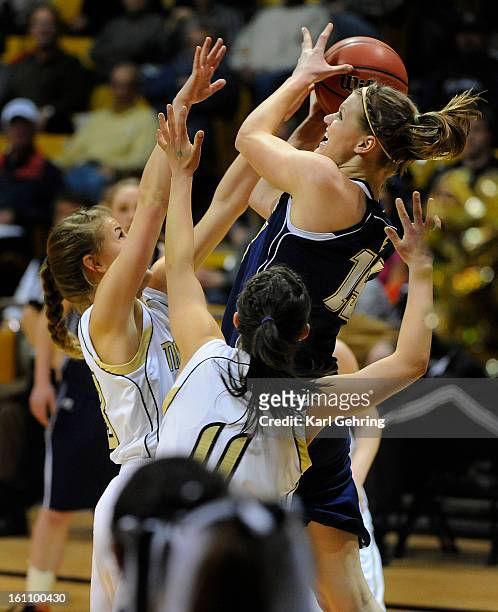Errors of Commission/Omission
- coachingbb4life.com

- Apr 13, 2021
- 4 min read
Larry Brown coached a number of division 1 men's basketball programs and won a NCAA National Championship at Kansas. He also spend a number of years coaching in the NBA. I thought he made a very insightful comment a number of years ago. He said, "The trouble with young people today is
they do not understand the difference between criticism and coaching!"
Most years I taught we had a number of in-service days before the school year began. At one of those in-service meetings, we would have an all faculty meeting. At that meeting, one of the administrators would
address the faculty and introduce one of the school board members. That board member would invariably give a brief speech and during his brief presentation he/she would tell all us teachers how we were the most important factor in the classroom for the students. Then, during the school year, the same board member or one of his/her colleagues would tell our negotiators how we did not deserve a raise. It seemed to me this was a matter of situational praising. I don't want false praise. I don't like flattery.
There are those coaches who feel their primary coaching role in practice is to correct each and every mistake their players make. Now John Wooden believed mistakes fell into one of two categories. He called them errors of commission and errors of omission. Errors of commission were things a player did but the results were not good. Such as dribbling off your foot, dropping a pass, missing a lay up, etc. Omission errors were those things that a player failed to do. Such as not blocking out, missing a wide open teammate, not executing a play, etc. Coach Wooden believed you did not need to correct all errors of commission but you did need to address all errors of omission.
Going back to the quote from Larry Brown. I believe players need to understand you as their coach want them to do the right things as often as possible. Personally, I have a problem with a coach that is going to
praise only. Teaching is about correction. You NEVER attack the player for making a mistake. You attack the act not the actor. I tried to communicate to our players not to take anything personally. I was not angry with them but I did want to make sure they understood what they should do. I also told them if I never corrected them when they made mistakes they should be concerned. Coaches who don't correct player errors are sending a message
to their players that either they don't care, don't realize the player is making
an error, or worst of all are afraid to confront the mistake.
Over my teaching and coaching career I ran into some administrators who wanted to express how "awesome" and "super impressed" they were with our teaching efforts. I have stated this before, but I think it's a great definition for flattery, "Flattery is when someone says things to your face they would never say behind your back." Players will turn you off when they sense you are not being genuine with them. The younger the player the more praise should be used. As a player matures, so should his ability to handle constructive coaching which is not going to always be praising.
I have witnessed coaches who spend most of their time fist bumping and "cheering" their players rather than coaching them. Coaching/teaching is about correction, encouraging, and reinforcing. As the greatest college coach of all times said many many times, you need balance in all areas of your life to be successful. I do believe this, if you are only correcting player mistakes or if you are only praising what they do right, your players will tune you out for being negative and learn to ignore you if they feel you are giving them false praise. You cannot fool your players. There are two "be"s that I believe are essential. Be honest with your players and be sincere. Don Meyer's said at a clinic that good players accept coaching and great players accept coaching and get better. Players accept coaching much more favorably if they know you care enough about them to want to make them better. False praise or only praising concerns me but maybe that's my problem.








Comments